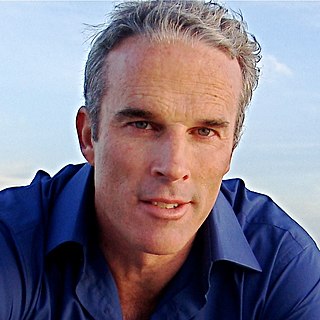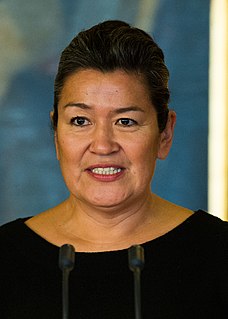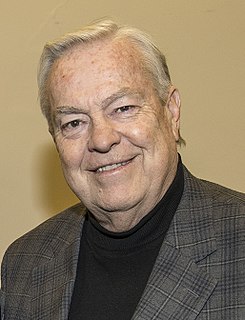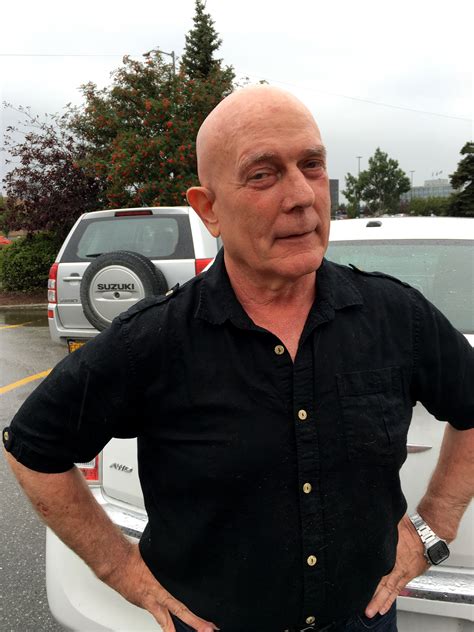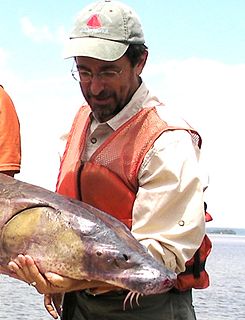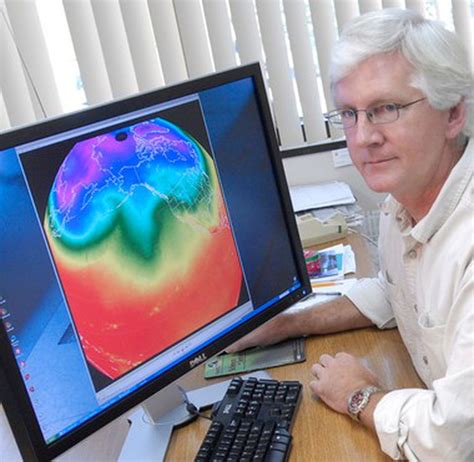A Quote by Bill McKibben
Certainly, packets of sea ice, in say the Arctic, which have failed to fully reform in the last couple of years.
Related Quotes
We have no choice: we must protect Arctic ice, enable it to continue to act as an essential temperature regulator for the planet, avoid the catastrophic rise in sea levels that would result from the ice melt, and stop the disappearance of permafrost releasing irreversible quantities of greenhouse gases back into the atmosphere.
What's your story? It's all in the telling. Stories are compasses and architecture; we navigate by them, and to be without a story is to be lost in the vastness of world that spreads in all directions like arctic tundra or sea ice. To love someone is to put yourself in their place, we say, which is to put yourself in their story, or figure out how to tell yourself their story. Which means that a place is a story, and stories are geography, and empathy is first of all an act of imagination, a storyteller's art, and then a way of traveling from here to there.
Much of the attention on oceans has portrayed oceans as a villain. Warm water strengthened Hurricane Katrina that pounded Louisiana. Rising sea level will flood islands and coastal areas. Or, we're talking about new opportunities like a new shipping lane in the Arctic because of melting sea ice. These may be the obvious problems, but they're probably not the biggest ones.
And I must say tonight that a riot is the language of the unheard. And what is it America has failed to hear? It has failed to hear that the plight of the negro poor has worsened over the last twelve or fifteen years. It has failed to hear that the promises of freedom and justice have not been met. And it has failed to hear that large segments of white society are more concerned about tranquility and the status quo than about justice and humanity.
In the last two years we've seen a sea change in the United States on media issues. Two years ago, people would have read this, then opened the window on the ledge of the 18th floor and jumped. They would have said, "Okay, it's over, there's nothing I can do, it's just getting worse." But in the last two years, what we've seen is that millions of Americans have gotten aware of the issue, they've organized on it, they've risen up, and we're seeing the beginnings of a burgeoning media reform movement across this country.
Permafrost in the soil [is melting], in the boreal and arctic areas in the world, and, probably even more alarming in the last six or eight months, the data on what is happening to the ice shelves in Greenland and the west Antarctic has begun to cause people to radically reassess the earlier conviction that those ice shelves were stable on a kind of century-long time scale.


